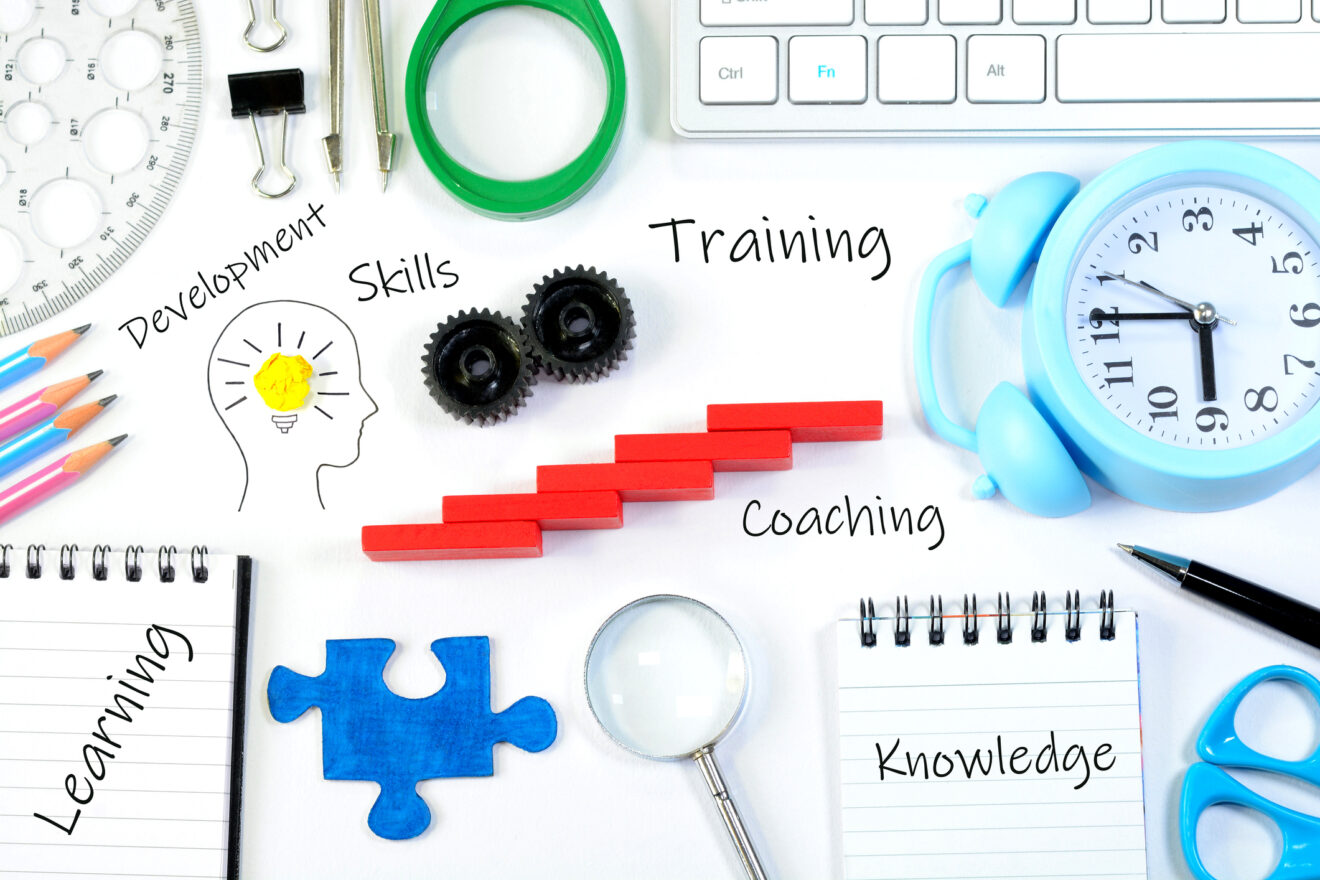Roughly four years ago I started a bit of a writing tradition. Every other year I write about a number of practices I will look to strengthen in the near future. And in the other years? Well, during those times, I write about the practices I want to shift away from; basically a humbling of my skill sets to remind myself that I’m not exactly where I want to be yet. After all, it’s about the journey, right? So with that in mind, here are three non-resolutions I’ll be making (and hopefully keeping) in 2024.
Avoid the self-care mask conundrum

I need to improve my self-care practices. It isn’t that I don’t engage in self-care. It is more that I always seem to engage in taking care of myself after caring for everyone (and everything) else. This is valuable, to be sure, but the mask conundrum of self-care is the idea that, like on an airplane, if we are going to be of the most value to others in an emergency, we need to put on our oxygen mask first and then help others with theirs. This is a more dire example, I know, but it highlights one of the issues that I face, and that I know many others face as well.
To stop making time for myself last, and at least make some me-time a priority, I simply have to be a bit better about guarding parts of my time and shifting the way I think about my daily to-do list. Deep down I know that list will never truly be all checked, so, on some level, why not leave a box or two unchecked for a little longer so I can more effectively monitor my own needs?
What is important for me to remember is that putting myself first some of the time won’t result in putting others last most of the time. I had to take a minute to think about that statement, and it is 100% true.
Stop talking in my head while others talk out loud
My brain regularly moves a mile a minute. It’s both a blessing and a curse. It allows me to regularly come up with ideas of varying value and also helps me to stay nimble in a fast-moving world. What it sometimes conflicts with, however, is my ability to listen with intent. Without deep focus, my mind can wander. At best, that can make it harder for me to pay attention; at worst, it can lead others to think I’m not interested in what they have to say.
I have found that when I remove distractions and put my full energy on the other person or people sharing their thoughts with me, I can be an excellent collaborator and supportive listener. Of course, putting energy into effective listening isn’t easy. It can be tiring and draining. For a person whose brain never wants to stop, using energy to listen to others versus using energy to let my own mind build can be a tough internal battle.
While this isn’t a zero-sum game, and while it is about balancing energy for others and energy for ourselves, generally speaking, the results of being a good listener to others can end up taking us places that being a good listener only to ourselves could not. This year, I will be focused more on intently listening while maintaining eye contact, squaring up when engaging in conversation and clearing my mind to focus on what others have on theirs.
Avoid being dissuaded from a determined direction
There is a difference between listening with intent and acting with purpose. Yes, the two can be well-connected. However, one doesn’t necessarily have to lead to the other.
While I want to work on being a better listener, I need to remember that understanding different perspectives doesn’t mean I have to shift my original direction. In fact, there are times when a different perspective can simply cement conviction. In other words, varied thinking always helps us understand people better.
But shifting the course we take because of that varied thinking doesn’t always lead to better results. Instead, we should use that perspective to sometimes strengthen, and not always weaken, our pathway. Varied perspectives don’t always have to be seen as U-turns or exit ramps.
I have a lot of work to do. My aspirations as a learner, leader and person are high, and it is likely that I won’t ever meet them all (or won’t meet them to the standards I set for myself, anyway). That said, sometimes resolving to not engage in practices can be just as helpful as resolving to do something. Here’s to a year where I accomplish more by doing some things less.
Fred Ende is the director of curriculum and instructional services for Putnam/Northern Westchester BOCES in Yorktown Heights, N.Y. Ende currently blogs for SmartBrief Education, and his two books, “Professional Development That Sticks” and “Forces of Influence,” are available from ASCD. Connect with Ende on his website or on Twitter.
Opinions expressed by SmartBrief contributors are their own.
________________________________
Subscribe to SmartBrief’s FREE email ASCD newsletter to see the latest hot topics in education. It’s among SmartBrief’s more than 250 industry-focused newsletters.
